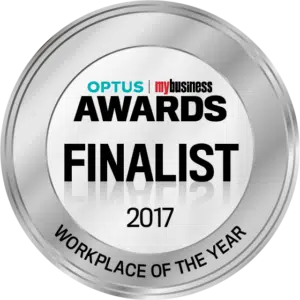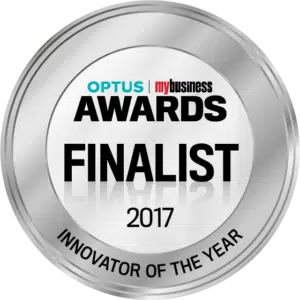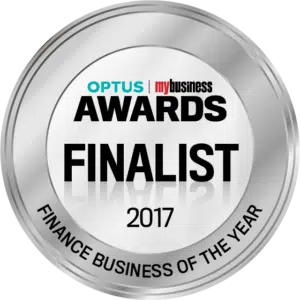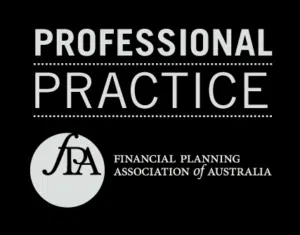7 February 2023
Deductions: tips to managing deductions in your business.

Deductions are expenses that you can subtract from your taxable income to reduce the amount of tax owed. There are two (2) types of deductions – standard and itemised. Standard deductions are a flat amount that you can claim without itemising your deductions. Itemised are specific expenses to claim to help lower your taxable income.
Tips for managing deductions:
- Keep and maintain detailed records for all expenses incurred in running your business.
- Stay up-to-date on tax laws and regulations to ensure you are taking advantage of all the deductions available to you
- Separate personal and business expenses to make things a little easier and avoid confusion
- Consider purchasing equipment for your business to take advantage of deductions
- Track your home office expenses such as utilities, insurance or other expenses related to your home office
- Start a process and system to how you will collate and keep receipts – big and small
- Consider what software you will need to track expenses and generate reports
- Work with an accounting and tax expert to help you get started or manage
- Planning for example, purchasing equipment so that you can take advantage of the tax benefits in the year they occur.
What are examples of the most common expenses that become tax deductions for business owners?
- Rent or lease payments for business property
- Business equipment and supplies
- Wages and salaries paid to employees
- Business insurance premiums
- Utilities such electricity, gas, water and internet services
- Advertising and marketing expenses
- Travel expenses such as airfares, hotels and meals
- Deprecation of business assets such as vehicles and equipment
- Home office expenses if you use a portion of your home for business purposes
Not all business expenses are tax deductible and laws, and regulations change so please consult a professional to ensure you are taking advantage of all the deductions available to you.
Let’s chat about your plans for EOFY or to chat about a tax planning strategy for you and your business.
All information provided is for informational and general purposes only, and shall not be relied upon as personal financial advice.

















